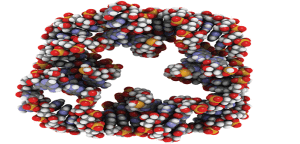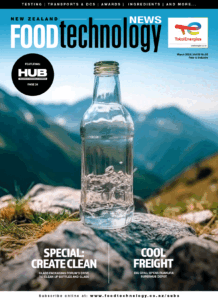
“Very little is known about the effects of long-term exposure to low doses of these materials and such studies are notoriously difficult,”
Nanomaterials currently used in food additives and packaging do not appear to pose a health risk, but an eye will be kept on newer materials in the pipeline, a Trans-Tasman food regulator says. FSANZ (Food Standards Australia New Zealand) has released two reports reviewing the evidence for the safety of nanotechnologies in food packaging and food additives.
Certain compounds, when engineered as particles measuring on the nano scale (one billionth of a metre), can exhibit certain properties; for example, nano-silver particles have antimicrobial properties. The new reports find that for the most common compounds (nanoscale silicon dioxide, titanium dioxide and silver), “the weight of evidence does not support claims of significant health risks for food grade materials.”
However, it notes that there some areas that may need further research. Newer nanomaterials patented in the US are not currently in use in Australia or New Zealand, and the FSANZ says that the reports’ conclusions “may need to be reviewed as the sophistication and application of nanotechnologies to food and food packaging advances.”
Canterbury physics professor Simon Brown says despite the reports refuting claims of significant health risks, the lack of concrete evidence about the safety of materials and how to measure if they are present is still concerning.
“Very little is known about the effects of long-term exposure to low doses of these materials and such studies are notoriously difficult,” he says. “Given the very significant scientific uncertainties, I think these reports sound an appropriate note of caution: the situation is not nearly as simple as FSANZ’s key finding suggests.
“FSANZ should be congratulated for commissioning these reports, but its response is glib. It will remain the case for many years to come that there are considerable uncertainties about the effects of the use of nanoparticles in consumer products, and New Zealand’s regulatory system would do well to acknowledge those uncertainties, rather than simply giving the green light to these products.”
More information about nanotechnology and food can be found on the FSANZ website.

































































































